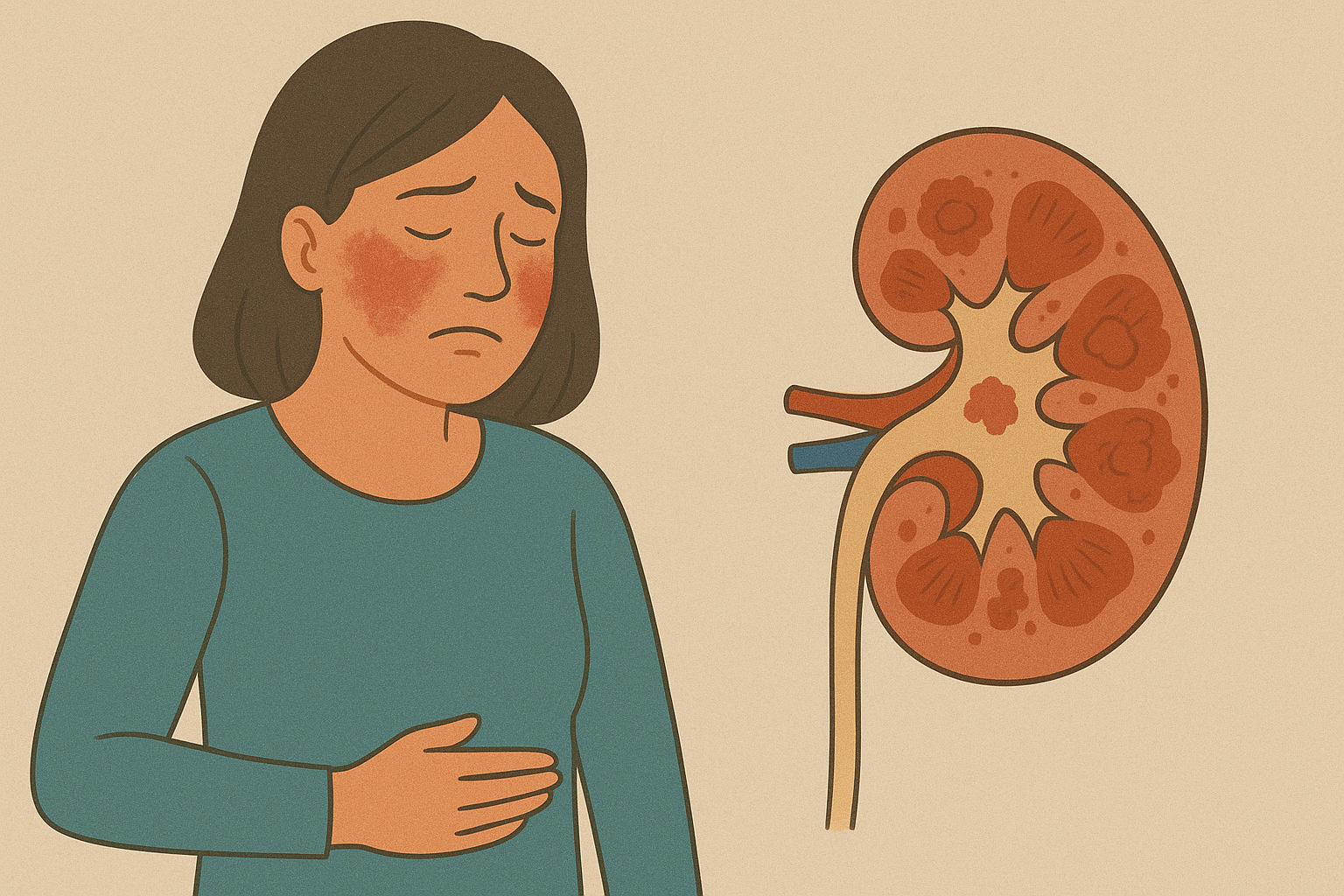
On October 20, 2025, the U.S. Food and Drug Administration (FDA) granted approval to Roche’s Gazyva/Gazyvaro (obinutuzumab) for the treatment of lupus nephritis (LN), a severe complication of systemic lupus erythematosus (SLE) that affects the kidneys. Lupus nephritis is characterized by inflammation that can lead to kidney damage, impaired function, and, in severe cases, kidney failure.
This approval marks a significant advancement in the management of LN, providing a targeted therapy for adult patients with active disease. Gazyva/Gazyvaro, a monoclonal antibody, works by depleting CD20-positive B-cells, which play a critical role in the autoimmune response driving LN. By reducing these cells, the drug helps to mitigate inflammation and prevent further renal damage.
The FDA’s decision is supported by robust clinical trial data, including results from pivotal studies demonstrating that Gazyva/Gazyvaro, in combination with standard therapies, significantly improved renal response rates compared to placebo. Patients treated with the drug showed reduced proteinuria and better preservation of kidney function, critical markers of disease control. The therapy was generally well-tolerated, with adverse effects consistent with its known safety profile in other indications, such as chronic lymphocytic leukemia and follicular lymphoma. Common side effects include infusion-related reactions, infections, and neutropenia, which require careful monitoring.
This approval expands the therapeutic landscape for lupus nephritis, a condition with limited treatment options, particularly for patients who do not respond adequately to existing therapies like corticosteroids or immunosuppressants. Gazyva/Gazyvaro’s targeted mechanism offers a novel approach, potentially improving outcomes for those with this debilitating condition. Roche is committed to further research to optimize treatment protocols and explore the drug’s efficacy in broader SLE populations. The approval underscores Roche’s ongoing efforts to address unmet needs in autoimmune diseases, offering hope to patients and healthcare providers.
Link: https://www.roche.com/media/releases/med-cor-2025-10-20

